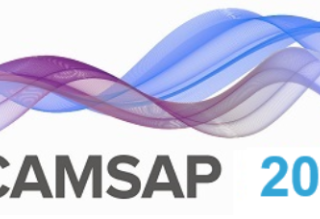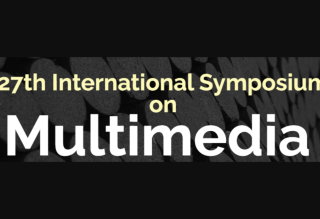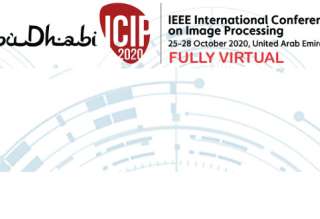SPS Feed
Top Reasons to Join SPS Today!
1. IEEE Signal Processing Magazine
2. Signal Processing Digital Library*
3. Inside Signal Processing Newsletter
4. SPS Resource Center
5. Career advancement & recognition
6. Discounts on conferences and publications
7. Professional networking
8. Communities for students, young professionals, and women
9. Volunteer opportunities
10. Coming soon! PDH/CEU credits
Click here to learn more.
The Latest News, Articles, and Events in Signal Processing
Date: November 28, 2018
Time: 11:00 PM ET (New York Time)
Title: 25 Years of Audio Coding...
Registration | Full webinar details
Date: March 21, 2018
Time: 11:00 AM ET (New York Time)
Title: Fundamentals on Signal Processing for Finance and Economics
Registration | Full webinar details
Date: March 15, 2018
Time: 9:00 AM ET (New York Time)
Title: A Tour into Deep Learning: From Its Origins to Cutting Edge Research and Open Challenges
Registration | Full webinar details
Date: August 21, 2018
Time: 12:00 PM ET (New York Time)
Title: Applying Signal Processing and Machine Learning to Finance, Economics, and Marketing
Registration | Full webinar details
Date: October 4, 2018
Time: 11:00 AM ET (New York Time)
Title: 40 Years of Tracking for Radar Systems: A Cross-Disciplinary Academic and Industrial Viewpoint
Registration | Full webinar details
Date: November 19, 2018
Time: 11:00 AM ET (New York Time)
Title: When Quantum-Signal Processing & Communications Meet...
Registration | Full webinar details
Date: September 18, 2019
Time: 11:00 AM ET (New York Time)
Title: Data Breaches and Multiple Points to Stop Them
Registration | Full webinar details
Date: October 2, 2019
Time: 11:00 AM ET (New York Time)
Title: Direct Localization for Massive MIMO
Registration | Full webinar details
Date: October 21, 2019
Time: 11:00 AM ET (New York Time)
Title: Fast Detection of Transformed Data Leaks
Registration | Full webinar details
October 25-28, 2020
Location: Virtual
September 17-18, 2021
Location: Virtual
June 4-5, 2021
Location: Virtual
Date: October 16, 2022
Location: Bordeaux
May 22-23, 2022
Location: Singapore
Date: November 18, 2019
Time: 11:00 AM ET (New York Time)
Title: Network Topology Inference from Spectral Templates
Full webinar details
Date: December 10, 2019
Time: 9:00 AM ET (New York Time)
Title: Toward Efficient and Flexible CNN-based Denoising in Photography
Registration | Full webinar details
Date: January 21, 2020
Time: 12:00 PM ET (New York Time)
Title: FemtoPixel: Lensless Imaging with Compressive Ultrafast Sensing
Registration | Full webinar details
Date: February 25, 2020
Time: 8:00 AM ET (New York Time)
Title: Enabling Identity-Based Integrity Auditing and Data Sharing With
Sensitive Information Hiding for Secure Cloud Storage
Date: April 20, 2020
Time: 9:00 AM ET (New York Time)
Title: Deep Learning on Graphs and Manifolds: Going Beyond Euclidean Data
Registration | Full webinar details
Date: May 28, 2020
Time: 2:00 PM ET (New York Time)
Title: Distributed Localization and Tracking of Mobile Networks
Registration | Full webinar details
Pages
SPS Social Media
- IEEE SPS Facebook Page https://www.facebook.com/ieeeSPS
- IEEE SPS X Page https://x.com/IEEEsps
- IEEE SPS Instagram Page https://www.instagram.com/ieeesps/?hl=en
- IEEE SPS LinkedIn Page https://www.linkedin.com/company/ieeesps/
- IEEE SPS YouTube Channel https://www.youtube.com/ieeeSPS










